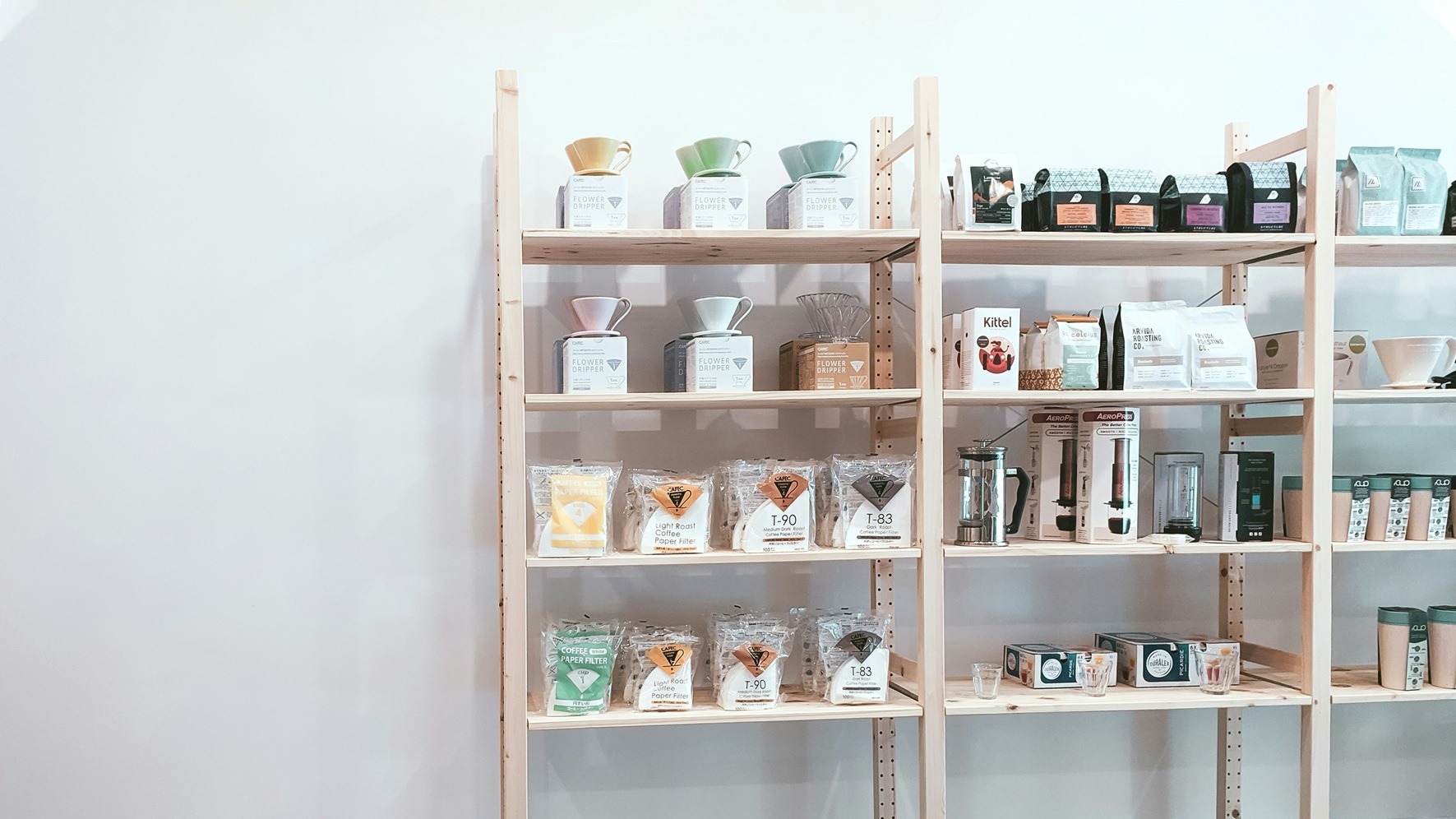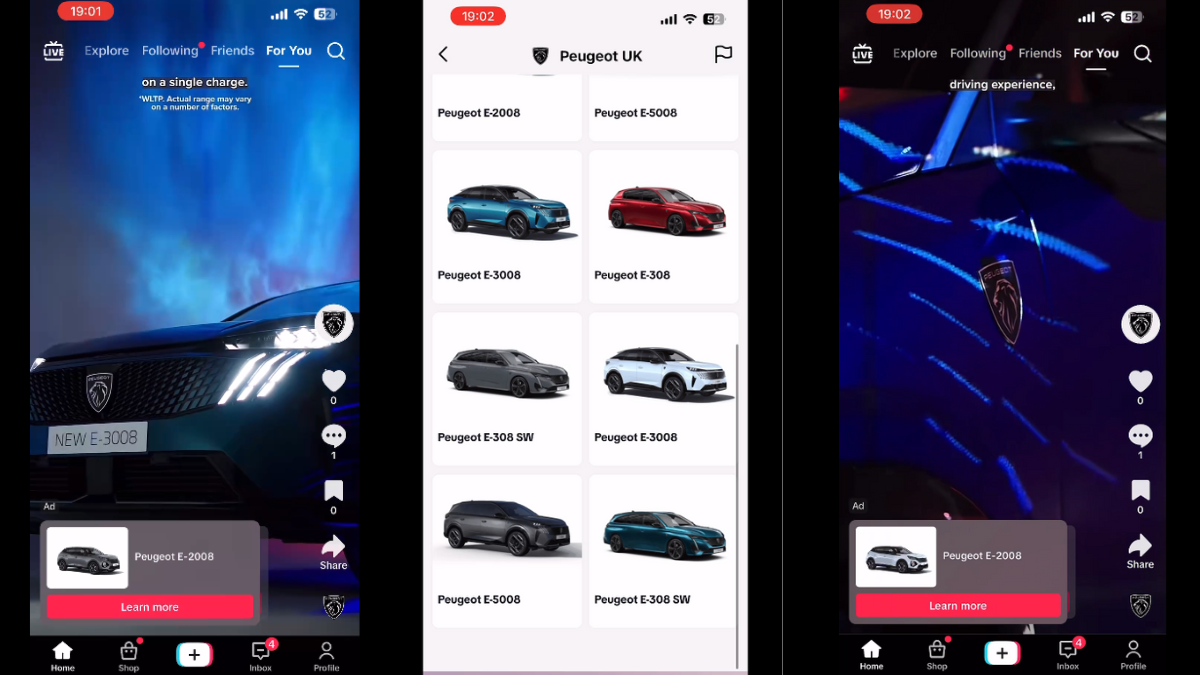All of us want control…
As human beings, we are ingrained with the desire to control our environment and circumstances because the more we know about our world, the safer we feel. Conversely, the less we know, the more fearful we are. In fact, there is a strong connection between control and fear in general. By controlling things, we feel less vulnerable to the changes and tides of our lives since we fear what will happen if we don’t. Nevertheless, this is a sure-fire way to dissatisfaction.
Why? Because we can never control everything.
When things don’t go how we want them to, clinging to things we can’t change only leads to negative emotions. It can be a toxic cycle. The more we strive for control over things we don’t have power over, the more anxious we become. Then, we respond by further trying to control the situation to counter our growing anxiety. The unproductive and unhealthy cycle continues. For obvious reasons, this stress and anxiety is detrimental to our own well-being. But the impact of the desire for control actually spans much more than that. It can impact those we love and work with. Work, in general, is likely to suffer as well. The result of control — or being attached to a specific outcome — hinders creativity, ease, support and collaboration.
Accepting our powerlessness
The key, then, is to release the illusion of control. We must trust that, whatever the circumstances, we will be fine. And as a result, creating the headspace to step back and breathe. This ability to let go and release ourselves from the one ‘right’ path will also open up several new avenues of possibility that we wouldn’t have considered or known before. This isn’t to say that it’s easy. Letting go is more of an art than a science. I’ve been focusing on what I can control over the past year — myself. This includes my responses, mindset, attitude and outlook.
Take internal control
Internal control means taking charge of your own happiness. In reality, our own feelings and decisions are the only things we can take control of and responsibility for. For example, mindfulness, self-care, and boundary-setting have been some of the strategies I’ve used to manage anxiety. Generally, the less stressed and anxious you feel, the less likely you are to try to dampen that feeling by trying to control the situation.
Practice mindfulness and being present in the moment
Being appreciative of everything good that happens ‘in the moment’ helps you to regulate your emotions, especially if you feel a need for control. A digital detox can be highly beneficial to mindfulness, something I recently tried over Christmas — and found valuable. You cannot truly be present or hear your thoughts if multiple devices are competing for your attention.
Recognise what you can (and can’t) control
Consider which aspects of your life you can or cannot control. Afterwards, commit to handling those situations differently. In some cases, having control is positive and productive. It is worth noting and applauding yourself when the desire for control actually helps the situation.
When it comes to uncontrollable situations, it can be helpful to consider the different possible outcomes so that you feel less anxious. The most important thing is to feel comfortable with each one as you consider them. You’re safe, and you’ll be OK regardless of how things go. The solution to what we’re afraid of is not control.
It’s essential to let go, even when it’s challenging and frustrating, to maintain a healthy balance, attain inner peace, and live a fuller life.
Featured image: Anna Shvets / Pexels























